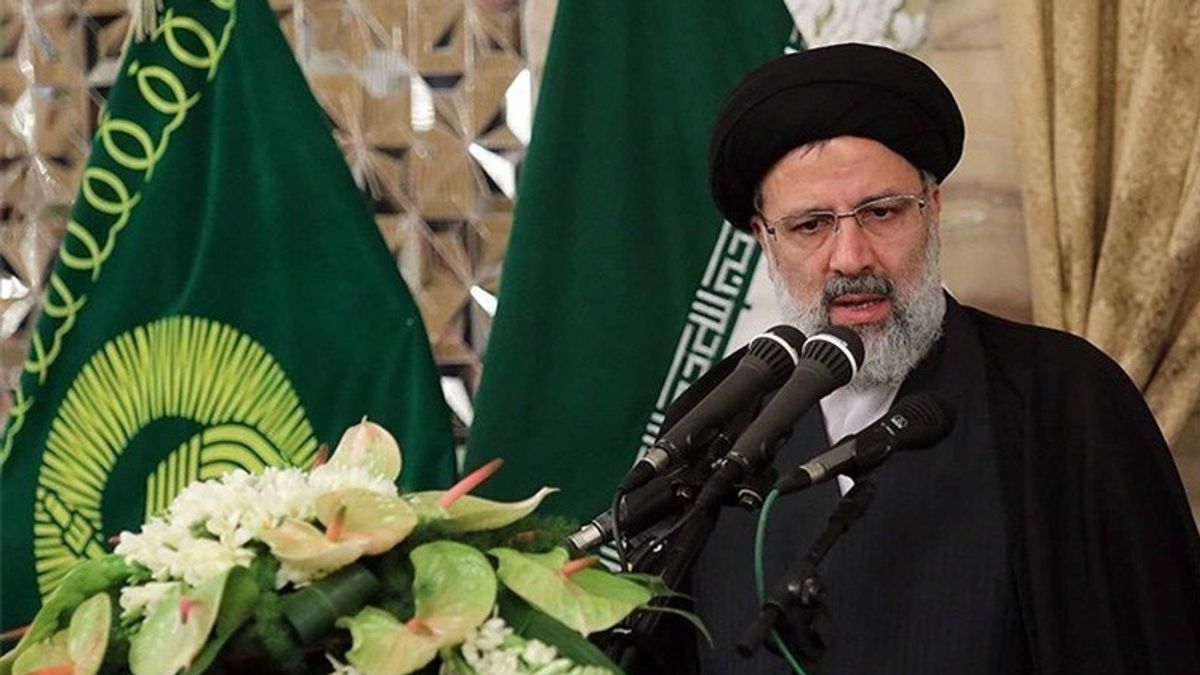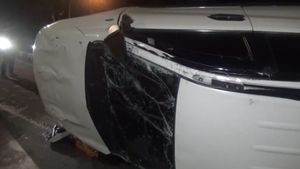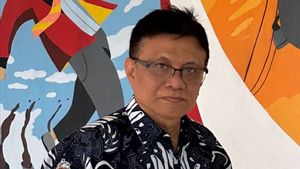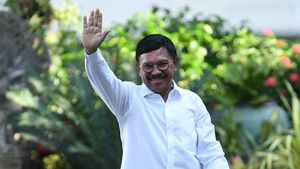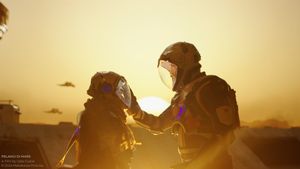JAKARTA - Iranian President Ebrahim Raisi said on Friday Tehran had "never" looked forward to ongoing talks in Vienna, Austria aimed at reviving the country's 2015 nuclear deal with world powers.
Iran and the United States resumed indirect talks in the Austrian capital on Tuesday after a 10-day break, but envoys did little to say whether they were closer to resolving thorny issues.
"We put our hope in the east, west, north, south of our country and never had hope in Vienna and New York," Raisi said in a televised address to mark the 43rd anniversary of Iran's Islamic Revolution. .
President Raisi, whose election last June caused a five-month lull in talks, said Iran would rely on its domestic economic potential rather than expect support from abroad, as well as nuclear talks with world powers.
Separately, the administration of US President Joe Biden publicly pressured Iran on Wednesday to revive the agreement quickly, saying it was impossible to return to the 2015 deal if a deal was not reached within weeks.
Meanwhile, Russian Foreign Minister Sergei Lavrov said on Thursday there was still a long way to go before the deal could be revived.
"Our foreign policy is balanced. Looking to the West has made relations between countries unbalanced, we need to look at all countries and capacities in the world, especially our neighbors," said President Raisi.
This is the second year in a row that Iranians have marked the anniversary of the revolution by parading vehicles through the streets rather than marching on foot, in accordance with regulations aimed at limiting the transmission of COVID-19.
State television showed live footage of cars and motorbikes moving through the streets of dozens of cities and towns, where before the pandemic, tens of thousands of people would have lined up for the annual event.
In 2018, then-US President Donald Trump withdrew from the nuclear deal, which was designed to stop Iran from developing nuclear weapons, reimposing sanctions in a bid to force Tehran into talks over a broader deal, which would also address its ballistic missile program and nuclear weapons. support for proxies in the Middle East.
Iran responded by violating many of the deal's restrictions and pushing far beyond them, enriching uranium to near nuclear bomb levels and using advanced centrifuges to do so, which has helped hone its skills in operating the machines.
Earlier this week, Iran's Foreign Ministry told the United States it must make a "political decision" regarding lifting the sanctions, as Tehran's request for their full removal to revive the 2015 deal was non-negotiable.
The English, Chinese, Japanese, Arabic, and French versions are automatically generated by the AI. So there may still be inaccuracies in translating, please always see Indonesian as our main language. (system supported by DigitalSiber.id)
